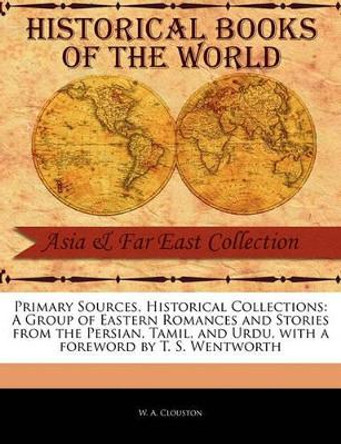Description
In the introduction, Khan explains that it was around the end of the nineteenth century that these marvelous tales became devalued by Orientalists and intellectually colonized Indian elites, while at the same time a new genre, the novel, gained legitimacy. Khan goes on to narrate the life histories of professional storytellers, many of them emigres from Iran to Mughal-ruled India, and considers how they raised their own worth and that of the romance in the face of changes in the economics, culture, and patronage of India. Khan shows the methods whereby such storytellers performed and how they promoted themselves and their art. The dividing line between marvelous tales and history is examined, showing how and why the boundary was porous. The study historicizes the Western understanding of the qissah as a local manifestation of a worldwide romance genre, showing that this genre equation had profound ideological effects. The book's appendix contains a translation of an important text for understanding Iranian and Indian storytelling methods: the unpublished introductory portions to Fakhr al-Zamani's manual for storytellers. The Broken Spell will appeal to scholars of folklore and fairy-tale studies, comparative literature, South Asian studies, and any reader with an interest in India and Pakistan.
About the Author
Pasha Mohamad Khan is the chair in Urdu language and culture and assistant professor at the Institute of Islamic Studies at McGill University. He is a scholar of literature, and particularly of marvelous tales, in Urdu-Hindi and other South Asian languages including Persian and Punjabi.
Book Information
ISBN 9780814345993
Author Pasha M. Khan
Format Paperback
Page Count 320
Imprint Wayne State University Press
Publisher Wayne State University Press
Weight(grams) 455g









